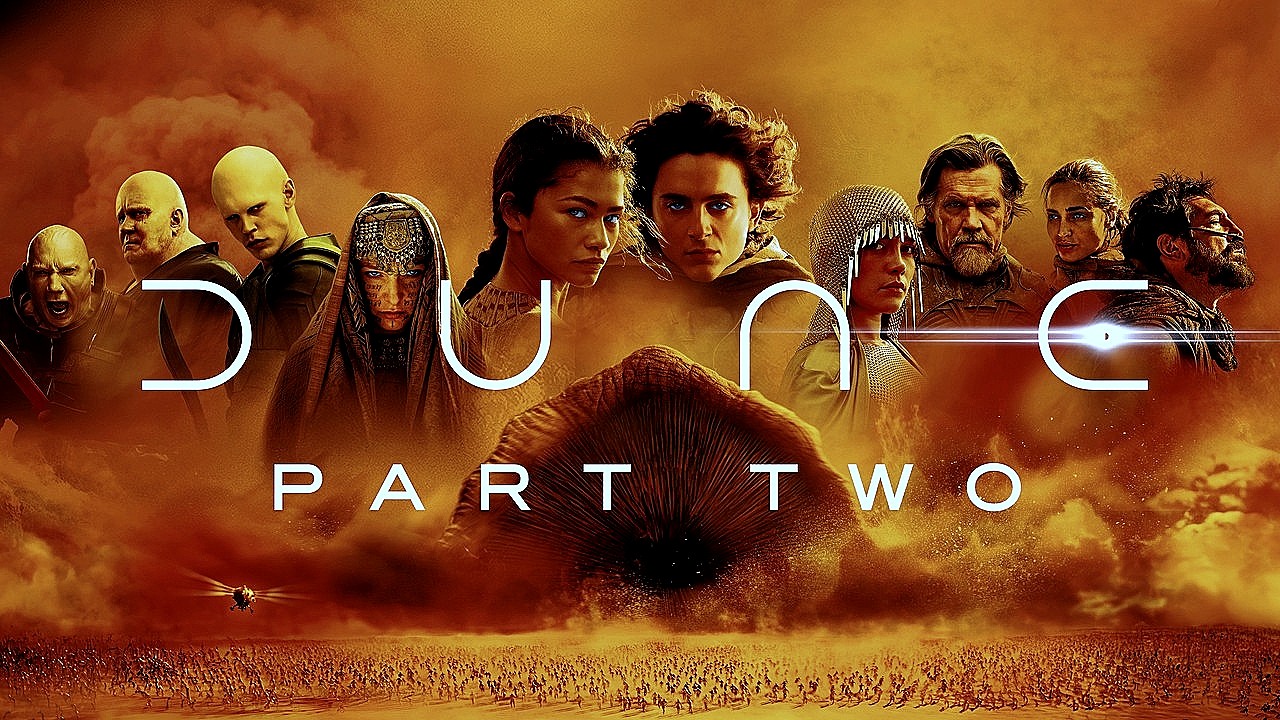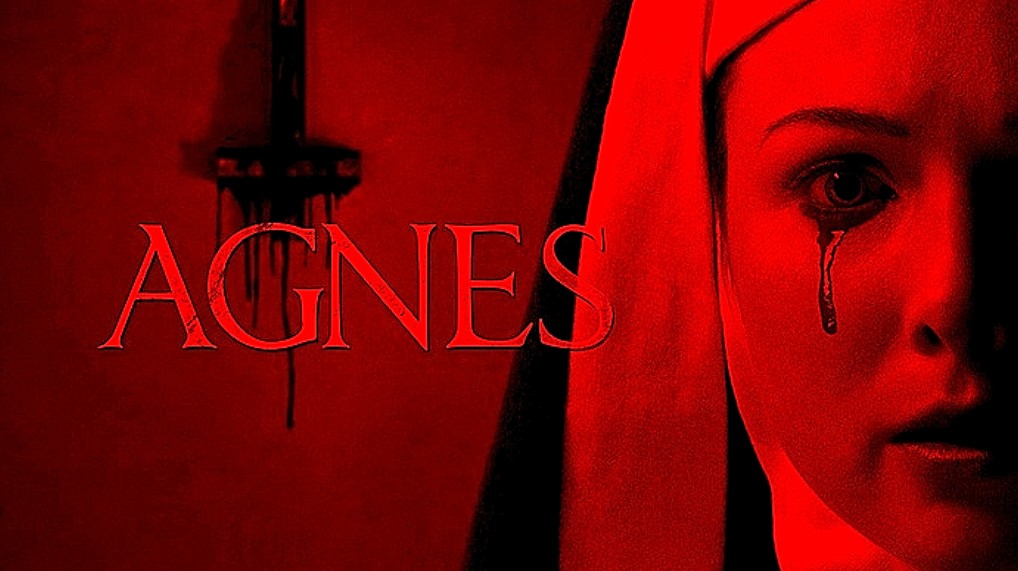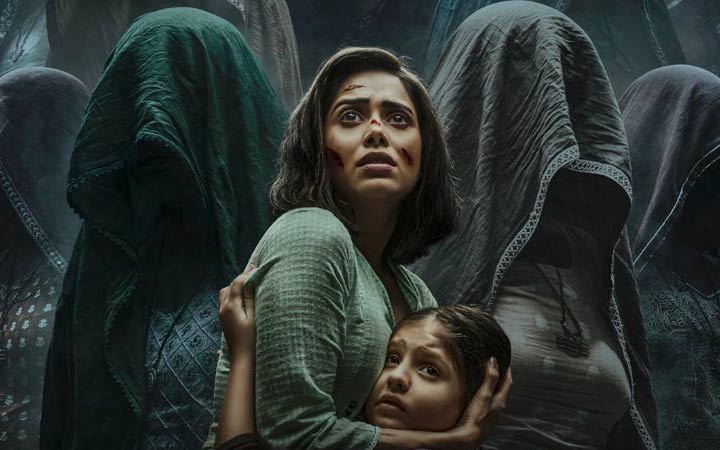Dive deep into our professional review of Dune: Part Two (2024). Explore Denis Villeneuve’s masterful direction, Timothée Chalamet’s transformative performance, and the profound themes of destiny, power, and faith in this epic sci-fi sequel. Includes full movie details, summary, and official trailer.
Dune: Part Two (2024) – Movie Details and Full Review
Introduction
Denis Villeneuve’s Dune: Part Two isn’t just a sequel; it’s a seismic cinematic event that transcends the boundaries of science fiction, cementing its place as a monumental achievement in modern filmmaking. Picking up immediately after the critically acclaimed first installment, Part Two plunges audiences deeper into the desolate, yet mesmerizing, world of Arrakis. This film is a relentless, breathtaking journey into the heart of Frank Herbert’s seminal novel, delivering on every promise of scale, spectacle, and profound thematic exploration. It’s a rare blockbuster that marries awe-inspiring visuals with intricate character development and a narrative gravitas that lingers long after the credits roll.
Movie Details
- Title: Dune: Part Two
- Release Date: March 1, 2024 (USA)
- Genre(s): Sci-Fi, Action, Adventure, Drama
- Director: Denis Villeneuve
- Writers: Denis Villeneuve, Jon Spaihts (Based on Dune by Frank Herbert)
- Main Cast:
- Timothée Chalamet as Paul Atreides
- Zendaya as Chani
- Rebecca Ferguson as Lady Jessica
- Josh Brolin as Gurney Halleck
- Austin Butler as Feyd-Rautha Harkonnen
- Florence Pugh as Princess Irulan
- Dave Bautista as Glossu Rabban
- Christopher Walken as Emperor Shaddam IV
- Stephen McKinley Henderson as Thufir Hawat
- Léa Seydoux as Lady Margot Fenring
- Stellan Skarsgård as Baron Vladimir Harkonnen
- Javier Bardem as Stilgar
- Anya Taylor-Joy as Alia Atreides (cameo)
- Production Companies: Legendary Entertainment, Villeneuve Films
- Distributor: Warner Bros. Pictures
Synopsis (Spoiler-Free)
Dune: Part Two continues the saga of Paul Atreides (Timothée Chalamet) as he aligns with Chani (Zendaya) and the Fremen, the indigenous people of Arrakis. Haunted by prophetic visions of a holy war spreading across the galaxy, Paul struggles with his destiny as the fabled “Lisan al Gaib” – a messianic figure foretold by the Bene Gesserit to the Fremen. While seeking revenge against the Harkonnen conspirators who decimated his family and seized control of Arrakis, Paul must navigate the complex political landscape, the fiercely independent spirit of the Fremen, and the manipulative machinations of the Bene Gesserit and the Emperor. His choices will not only determine the fate of Arrakis but potentially the entire universe.
Movie Review
Dune: Part Two is a triumph of ambition and execution. Denis Villeneuve, with cinematographer Greig Fraser, paints a canvas that is simultaneously vast and intimately detailed. The visual language established in Part One is expanded upon, creating a sense of scale that is almost overwhelming, particularly in the breathtaking desert landscapes and the visceral action sequences involving sandworms. The film is a feast for the eyes, from the brutalist architecture of the Harkonnen homeworld, rendered in chilling black and white, to the sun-drenched, spice-laden dunes of Arrakis.
The narrative pacing, while deliberate, is constantly propulsive. Unlike the first film which largely served as exposition and world-building, Part Two immediately thrusts Paul into the heart of the Fremen rebellion. His integration into their culture, learning their ways of survival, and mastering the art of sandworm riding (a scene that is nothing short of iconic) forms the core of his arc. This is where the film excels in balancing the grand narrative with personal journeys.
Timothée Chalamet delivers a truly transformative performance as Paul Atreides. He masterfully portrays Paul’s evolution from a hesitant, vision-plagued young man to a formidable, yet deeply conflicted, leader. The internal struggle between his love for Chani and his perceived destiny as the messiah is palpable, lending significant emotional weight to the film. Zendaya’s Chani has a much expanded role, acting as the audience’s grounded perspective, constantly questioning the prophecies and the dangers of blind faith. Her skepticism provides a crucial counterpoint to the growing fervor surrounding Paul, making her character a powerful voice of reason and highlighting the film’s nuanced take on messianism.
Rebecca Ferguson, as Lady Jessica, is chillingly brilliant. Her descent deeper into Bene Gesserit manipulation and her strategic maneuvering to elevate Paul to his prophesied status are mesmerizing to watch. Austin Butler’s portrayal of Feyd-Rautha Harkonnen is a standout – a genuinely terrifying and unpredictable antagonist, embodying the sadistic cruelty of his lineage with a captivating, unnerving intensity. The supporting cast, including Javier Bardem’s devout Stilgar, Josh Brolin’s loyal Gurney Halleck, and the new additions of Florence Pugh’s calculating Princess Irulan and Christopher Walken’s regal Emperor Shaddam IV, are all impeccably cast and deliver powerful performances that enrich the dense political tapestry.
Hans Zimmer’s score is, once again, a character in itself. It is a masterful blend of haunting melodies, tribal rhythms, and thundering percussion that elevates every scene, amplifying the emotional stakes and the epic scale. The sound design is equally meticulous, making the thrum of a Thopter or the roar of a sandworm deeply immersive and impactful.
Summary
Dune: Part Two is a monumental cinematic achievement. It successfully adapts the complex second half of Herbert’s novel, delivering a visually stunning, emotionally resonant, and intellectually stimulating science fiction epic. Villeneuve’s vision is unwavering, crafting a film that is both a thrilling action spectacle and a profound exploration of power, prophecy, and the dangerous allure of charismatic leadership. While some minor deviations from the book exist, they generally serve the film’s narrative momentum and thematic clarity. It is a must-see big-screen experience that will be discussed and analyzed for years to come.
Explained: The Weight of Prophecy and the Perils of Power
One of the most compelling aspects of Dune: Part Two is its nuanced exploration of the “chosen one” trope. Frank Herbert originally wrote Dune as a cautionary tale against charismatic leaders, and Villeneuve’s adaptation amplifies this message. Paul’s journey is not a heroic ascent to glory, but rather a tragic descent into a role he initially resists. His prescient visions, far from being a clear path to triumph, show him terrifying futures of galactic jihad unleashed in his name.
The film effectively portrays how the Bene Gesserit’s manipulation of prophecies (“planting the seeds of faith”) in native cultures, like the Fremen, creates a volatile environment ripe for exploitation. Stilgar’s unwavering, almost fanatical, belief in Paul as the Lisan al Gaib, while initially endearing, slowly becomes unsettling as Paul uses this faith to consolidate power, even if reluctantly. Chani’s growing disillusionment serves as the moral compass of the story, constantly reminding Paul, and the audience, of the human cost of such grand, sweeping movements.
The ending, in particular, is a powerful and intentionally ambiguous one. Paul’s ascension to power is not a moment of pure victory. The implications of his choices, and the “terrible purpose” he has unleashed, are left hanging, setting the stage for potentially darker themes in a third installment. This commitment to Herbert’s original message, rather than a simplistic hero’s journey, is what truly elevates Dune: Part Two beyond a mere blockbuster to a work of significant artistic merit. It forces the audience to question the nature of destiny, the allure of savior figures, and the ethical responsibility that comes with immense power.
Official Trailer Link
Now, let’s move on to the next movie review : Lilo & Stitch.




